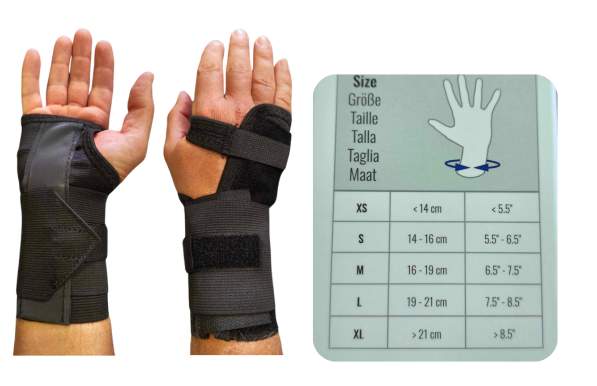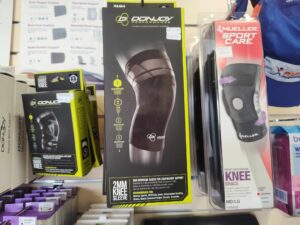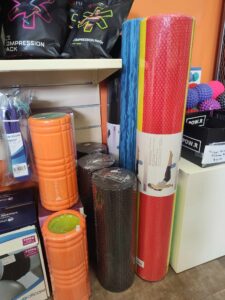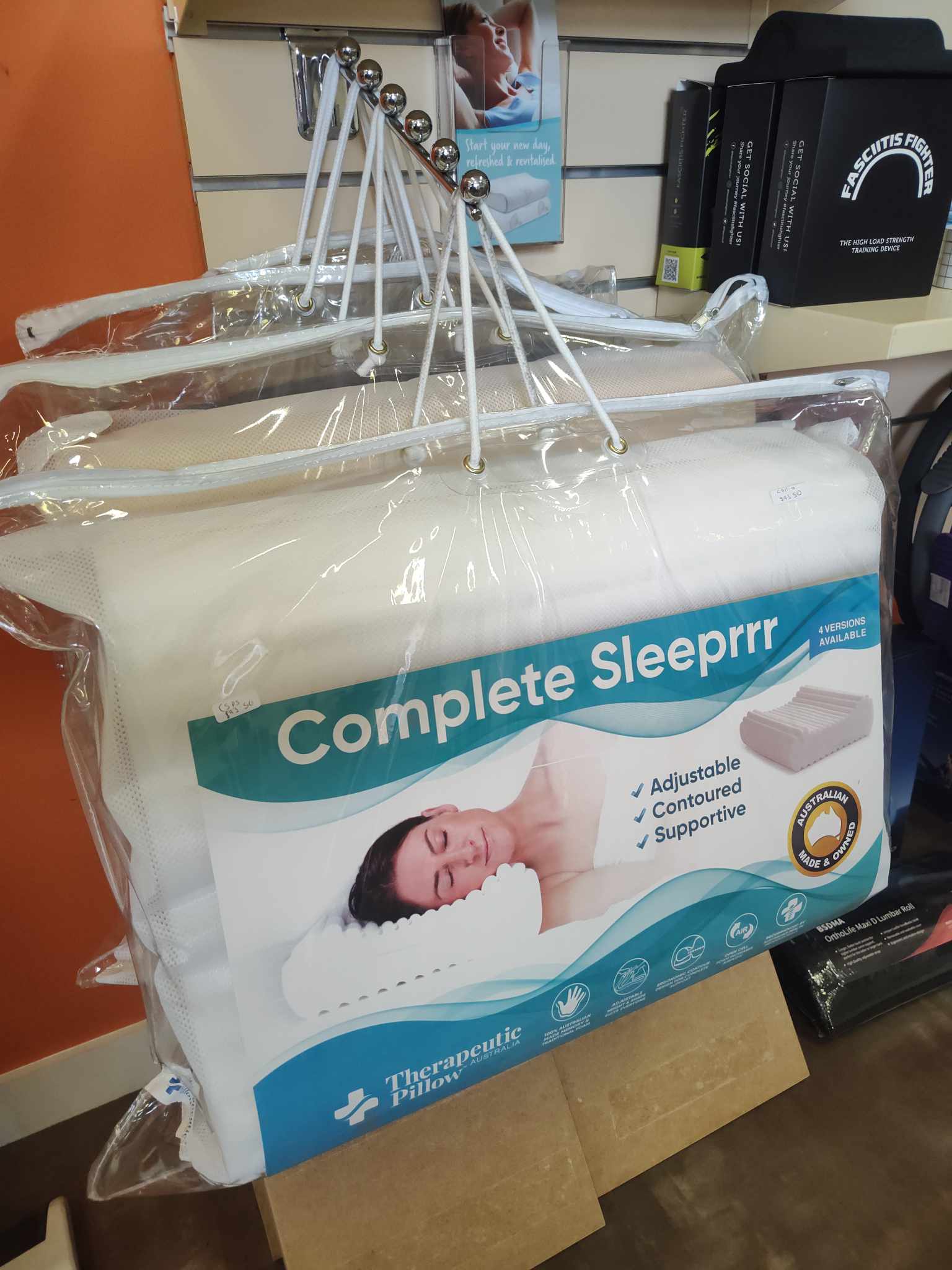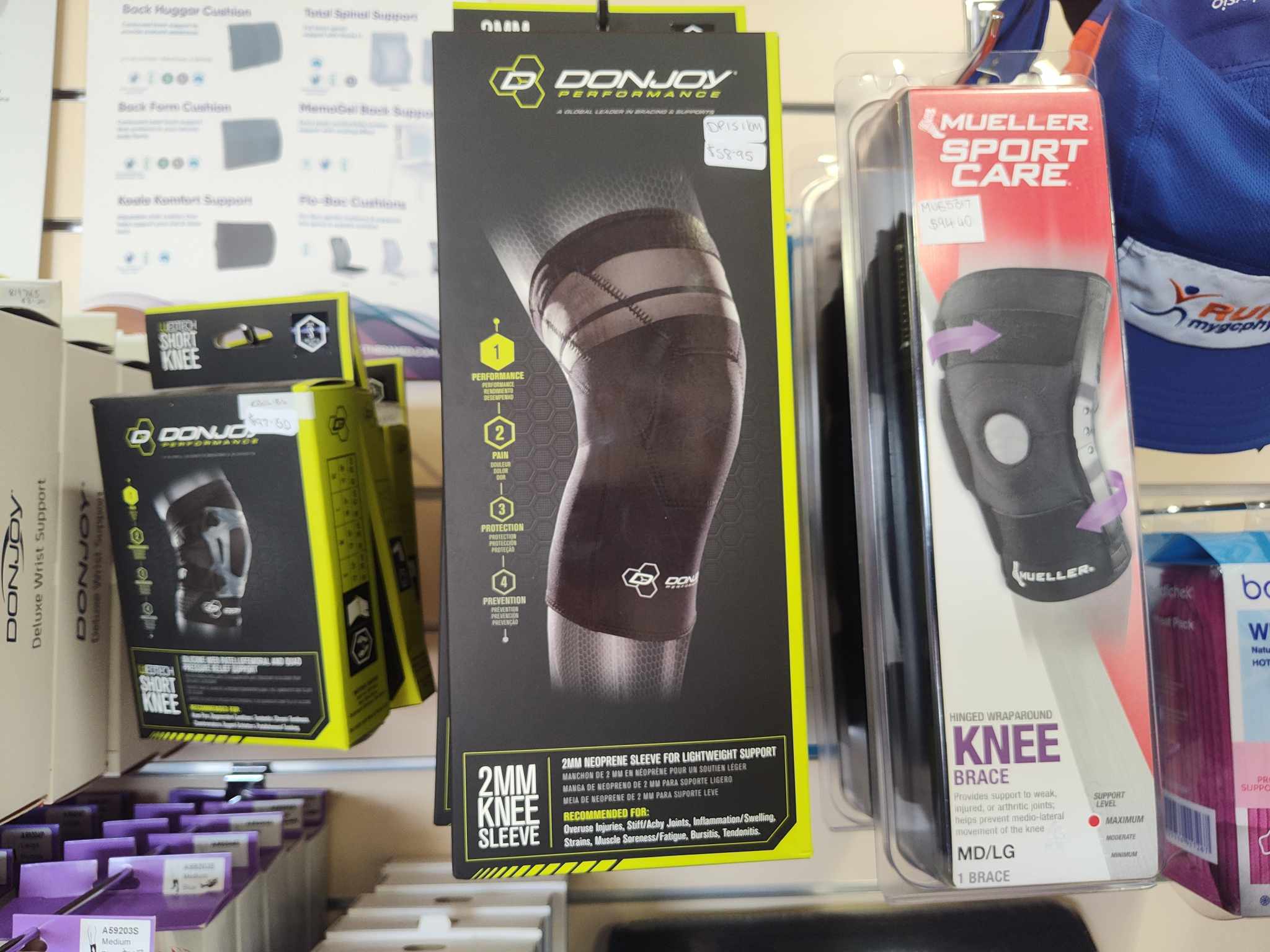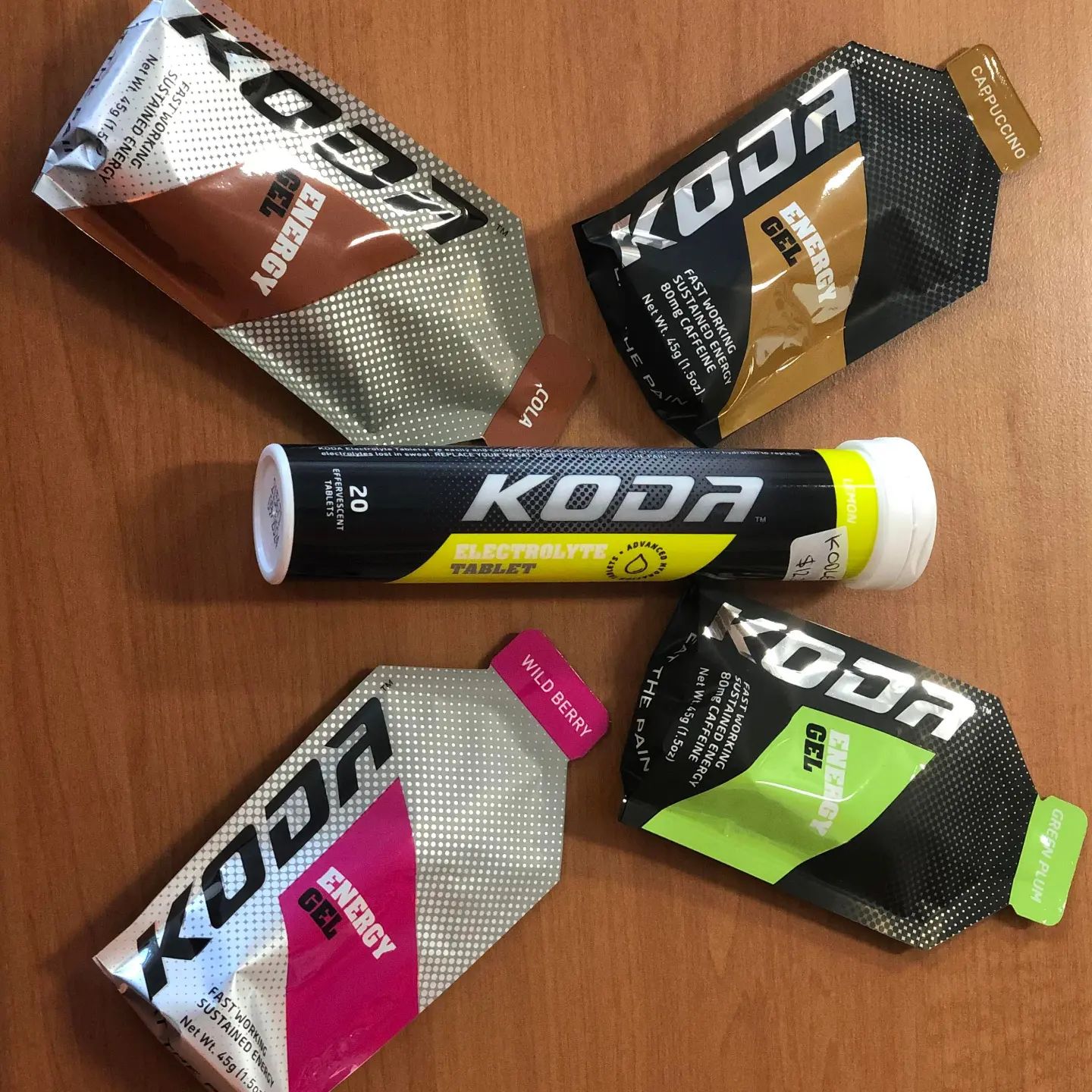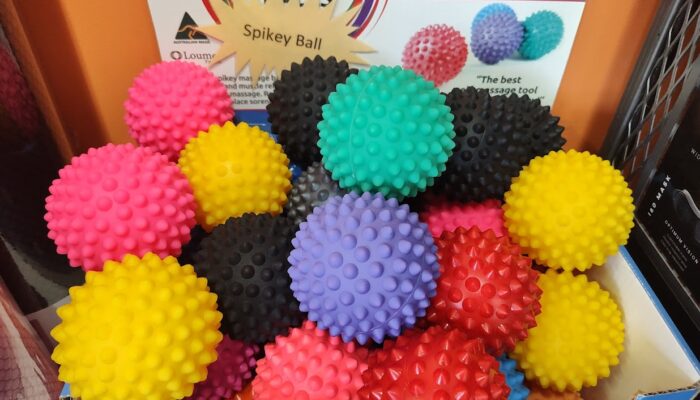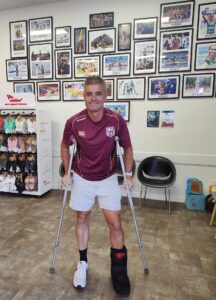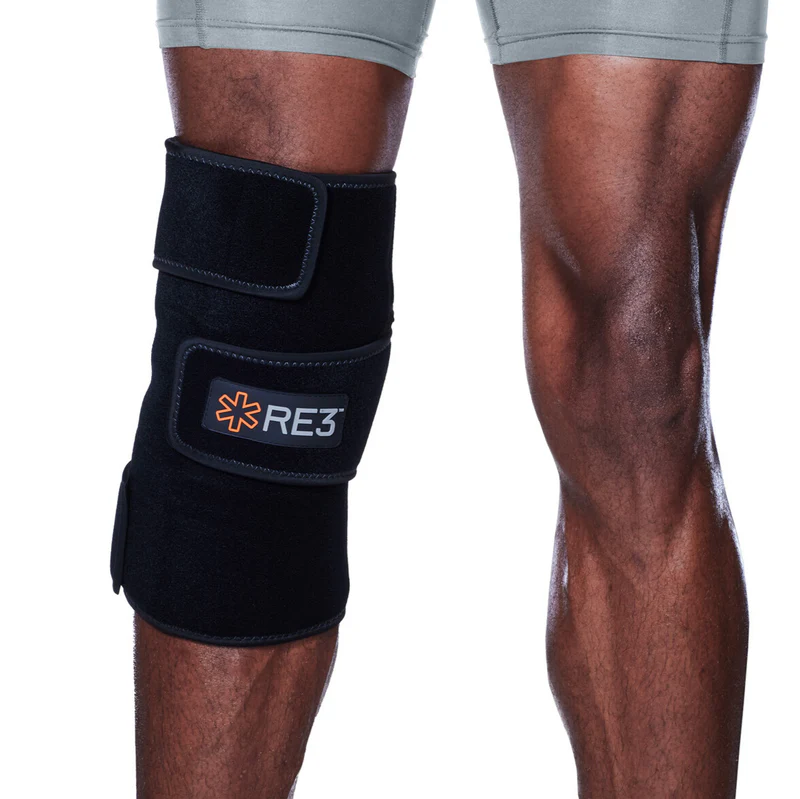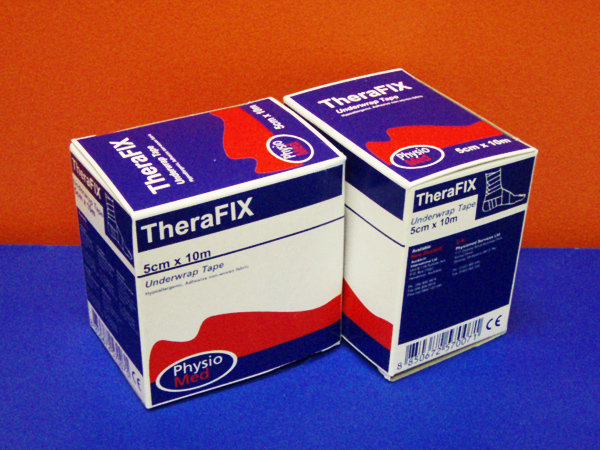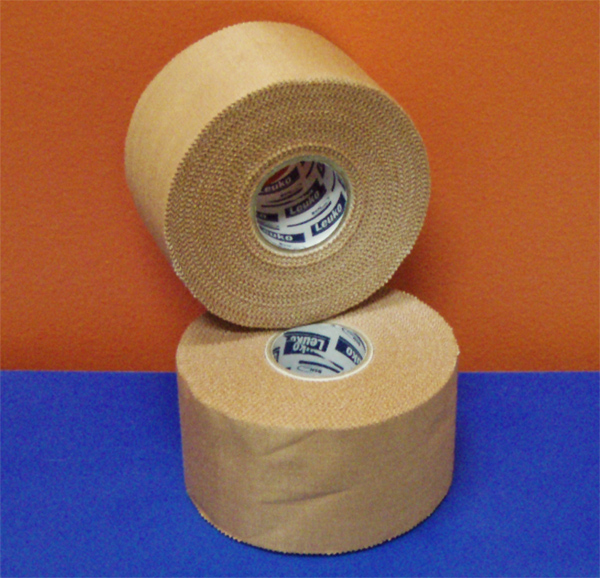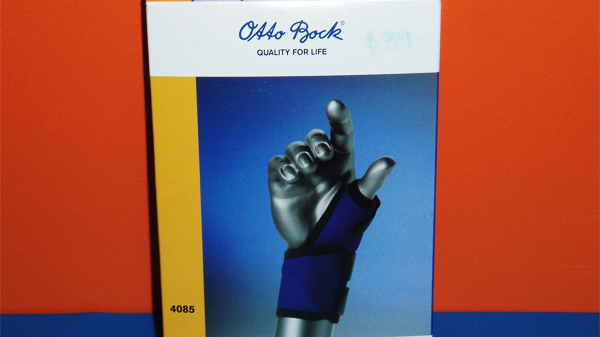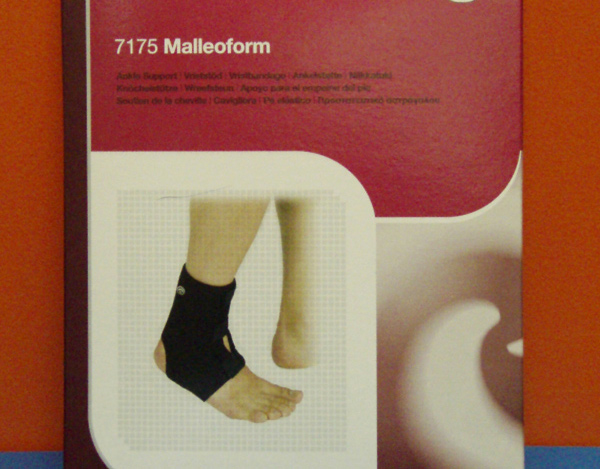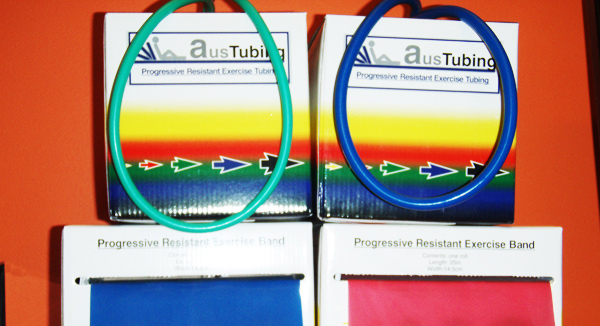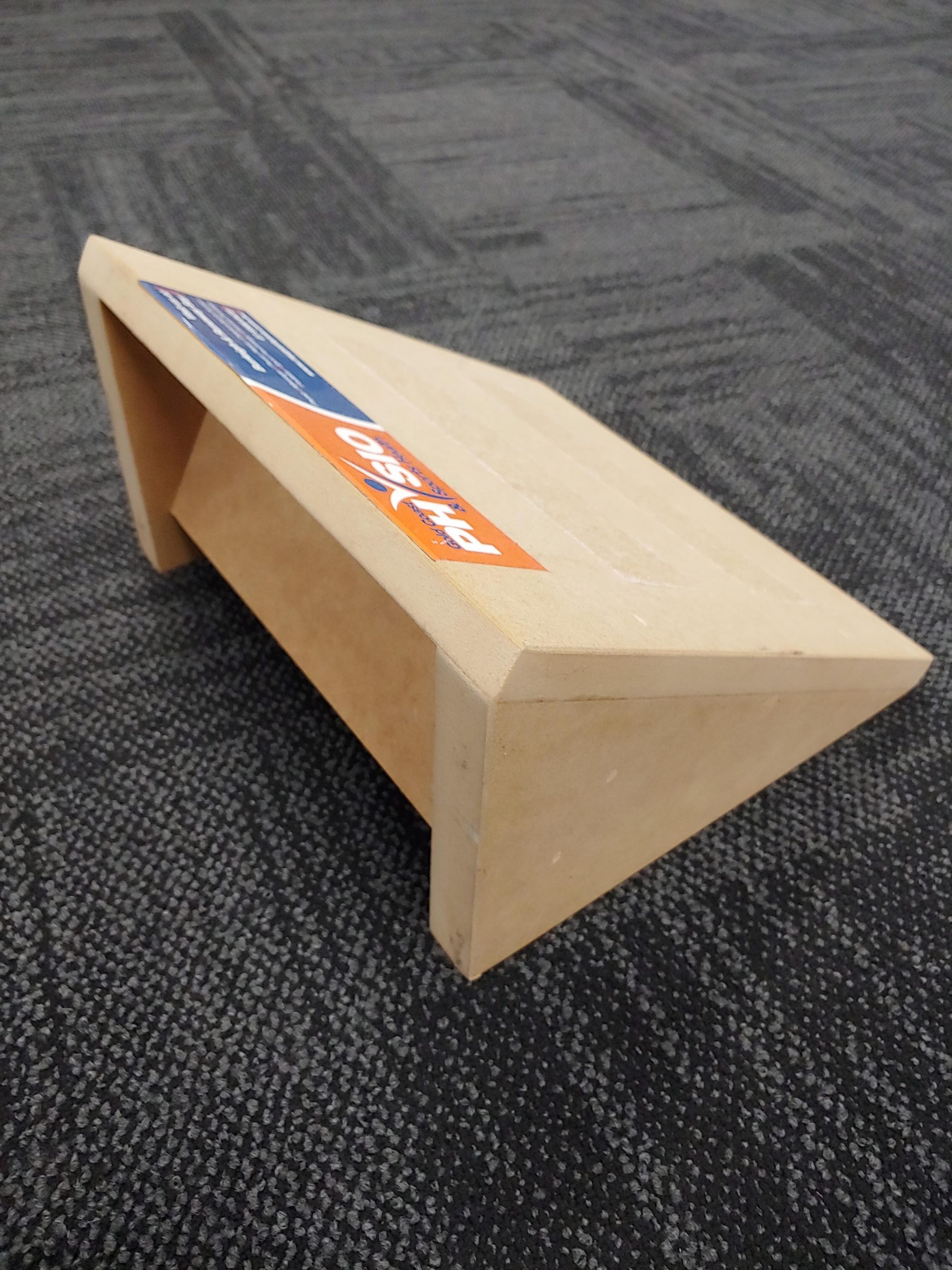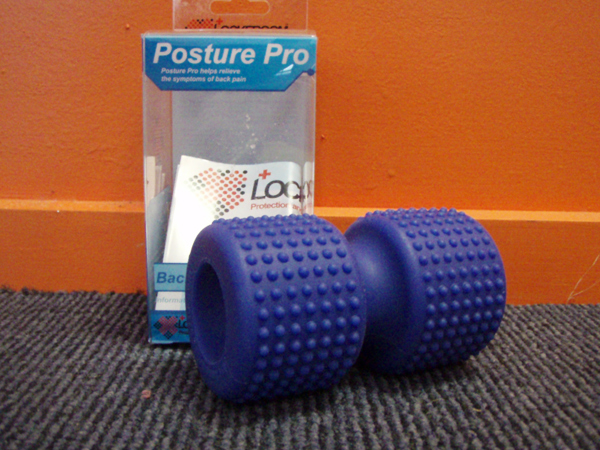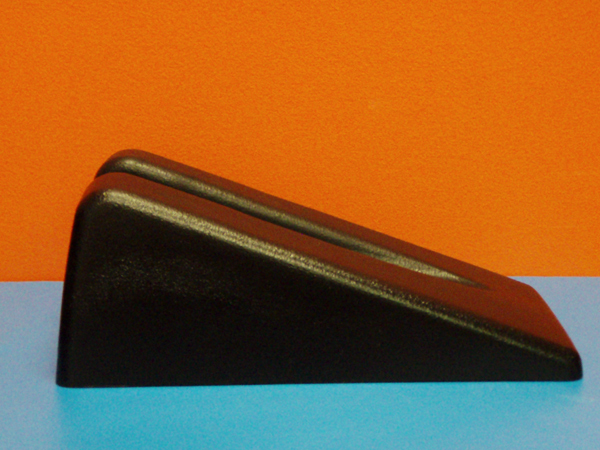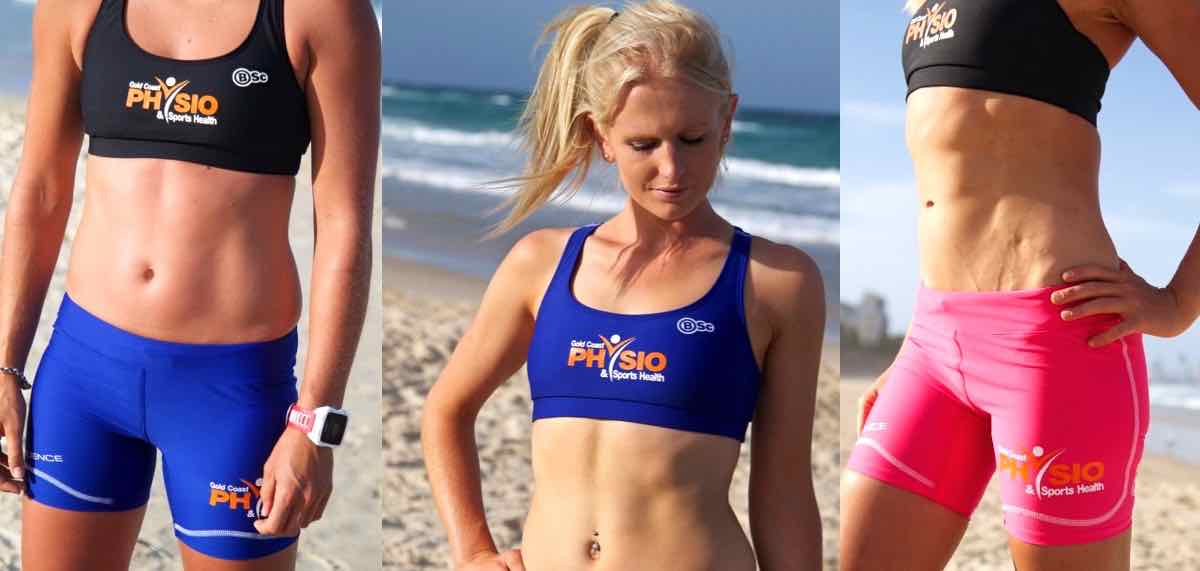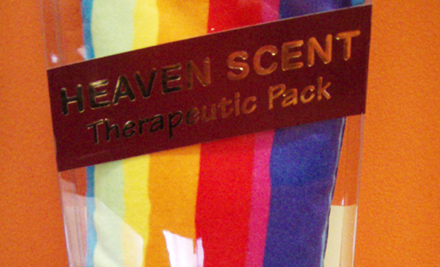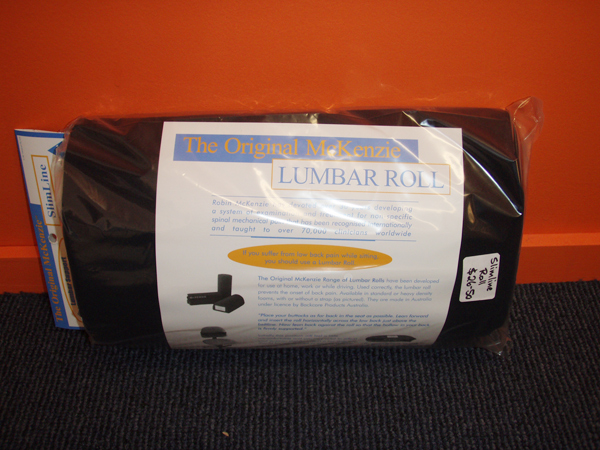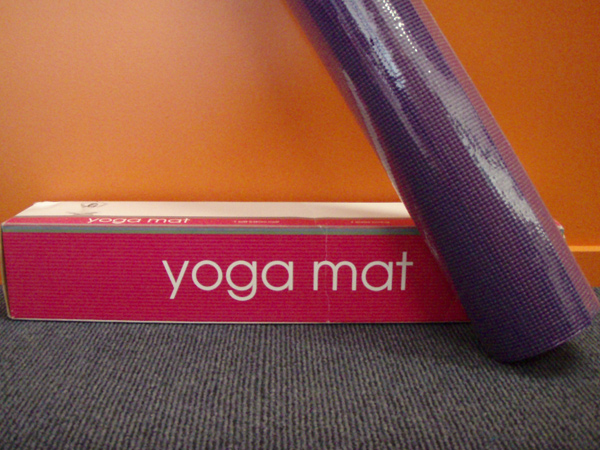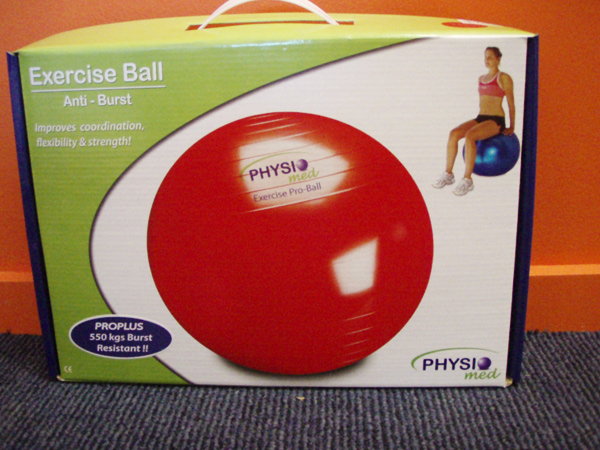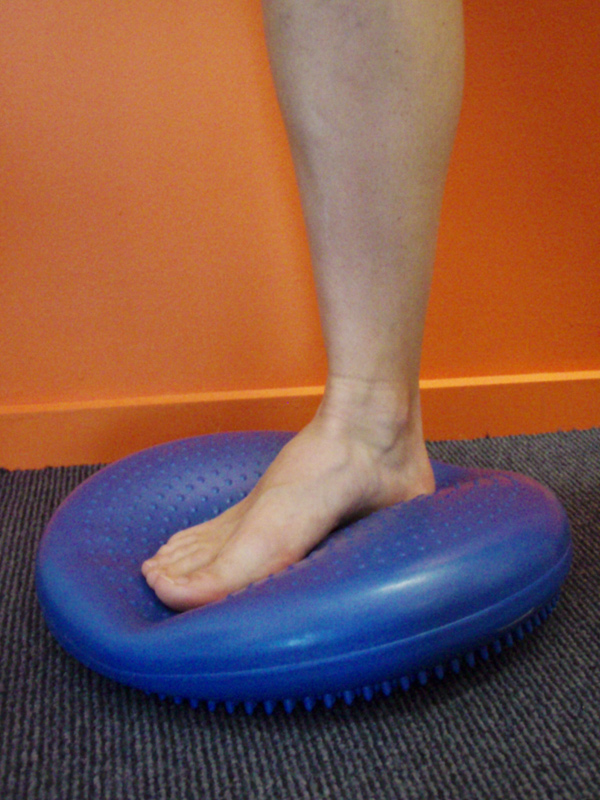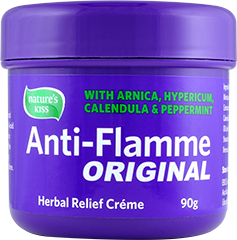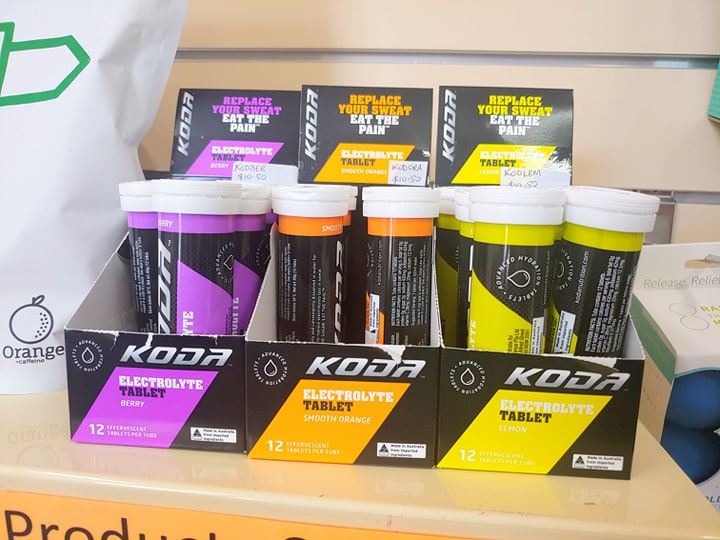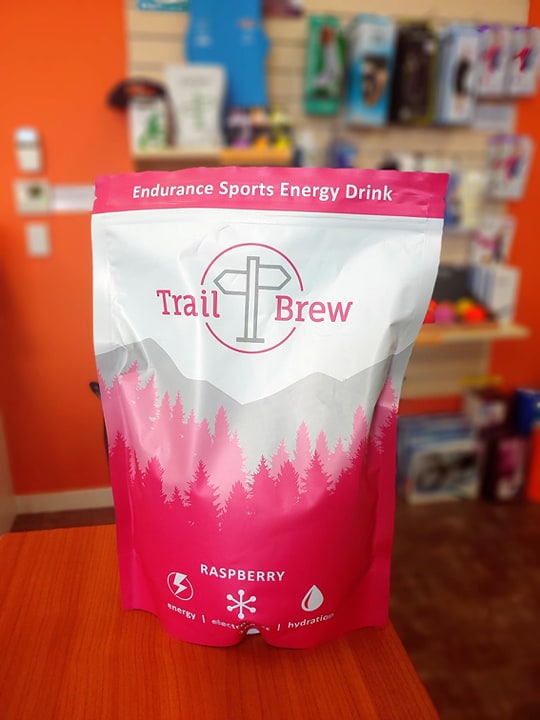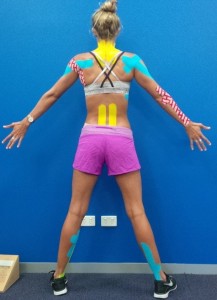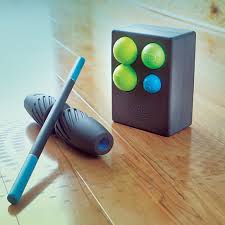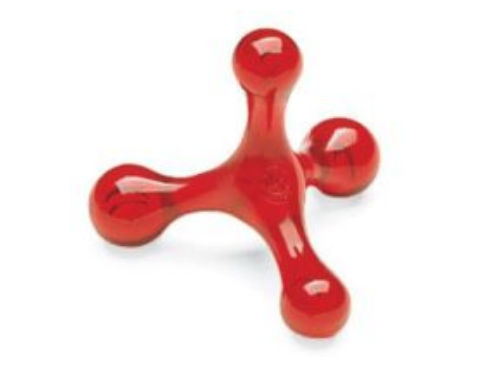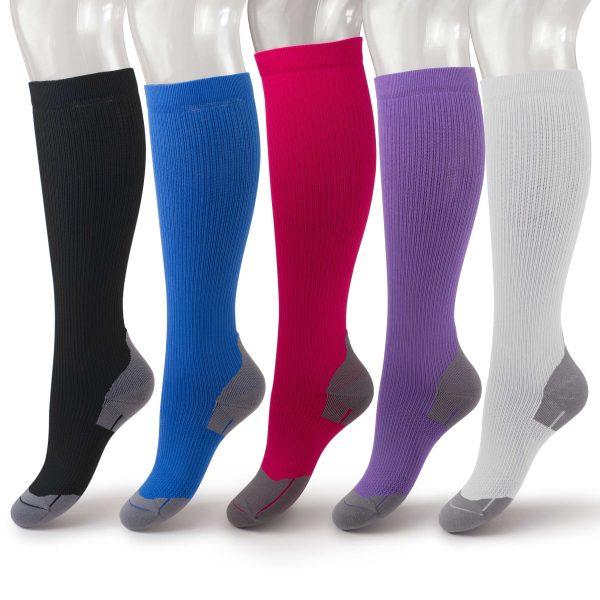Post Concussion Syndrome: Symptoms and Management
By Senior Physio Helen Sibbald
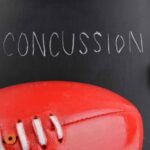
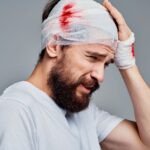 So you hit your head, suffered a concussion, and it’s a few weeks later and you still have some weird symptoms. Did you know there is a condition called “Post Concussion Syndrome (PCS)” and it has some real symptoms that may be quite bothersome to you.
So you hit your head, suffered a concussion, and it’s a few weeks later and you still have some weird symptoms. Did you know there is a condition called “Post Concussion Syndrome (PCS)” and it has some real symptoms that may be quite bothersome to you.
Occasionally, after a concussion, symptoms persist after the expected time frames of recovery. Children usually recover from a concussion in 4 weeks and adults in 10-14 days.
If 3 or more of the symptoms below persist longer than this, you may have PCS:
- headache,
- dizziness,
- fatigue,
- irritability,
- difficulty concentrating or performing mental tasks,
- impaired memory,
- insomnia,
- reduced tolerance to stress/emotional excitement/alcohol
And remember, these are all also symptoms of Concussion and you don’t actually have to lose consciousness to have sustained a concussion event. Read more about Concussion
How Do You treat PCS?
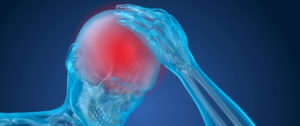 A multidisciplinary approach to PCS is best. Your Dr, Physiotherapist, exercise Physiologist, Dietician, ( and sometimes a Neuro Psychologist or Neuro Optometrist) all work together to get you back on track.
A multidisciplinary approach to PCS is best. Your Dr, Physiotherapist, exercise Physiologist, Dietician, ( and sometimes a Neuro Psychologist or Neuro Optometrist) all work together to get you back on track.
Most often, when you hit your head, you also sustain a whiplash-type injury to your neck leading to neck pain, stiffness and sometimes headaches. Physiotherapists are well equipped to help you get relief from these interfering symptoms. Your Physio will assess and treat your neck with specific manual therapy techniques and therapeutic exercises targeting the neck joints and neck muscle tone, length, motor control and pain.
A large percentage of people with PCS experience dizziness, balance, and visual symptoms (vestibular symptoms): balance and vestibular assessment from a trained Physio and rehabilitation is a vital part of your management. Your Physio would screen you with Vestibular Ocular Motor Screening tests (VOMS) and other tests and prescribe specific exercises to settle these symptoms. Read more about Dizziness and VOMS screening
Occasionally the force that caused the blow to the head and give you concussion is enough to dislodge calcium carbonate “crystals” in the inner ear and cause short duration spinning /vertigo brought on by certain changes in head position. You may also have Benign Paroxysmal Positional Vertigo – BPPV. Your Vestibular Physio is again equipped to assess for this and apply specific treatment techniques to clear this.
Physiologically, a concussion causes an “energy crisis” in the brain, so you can also feel symptoms while doing aerobic exercise. Our Physios can test you to see when symptoms come on while exercising, and prescribe the correct intensity of exercise to perform during your recovery period.
A Dietician can advise you on the best nutrition to feed your body and brain and enhance your recovery. We need proper nutrition for energy, reducing fatigue and improving sleep, all of which will aid recovery of symptoms.
Some people need to see a Neuropsychologist to help with memory, attention, reasoning and sometimes a Neuro Optometrist may be needed for some visual disturbances. Your Physio & GP can help organise the best referral if this is needed.
At Gold Coast Physio and Sports Health there are Physiotherapists with an interest in treating PCS, and our Dieticians are all available for consultation, Book your Physio appointment with Mark Homewood at Burleigh or Ange Flack at Ashmore by phoning 07 55006470 or book online mygcphysio.com.au

